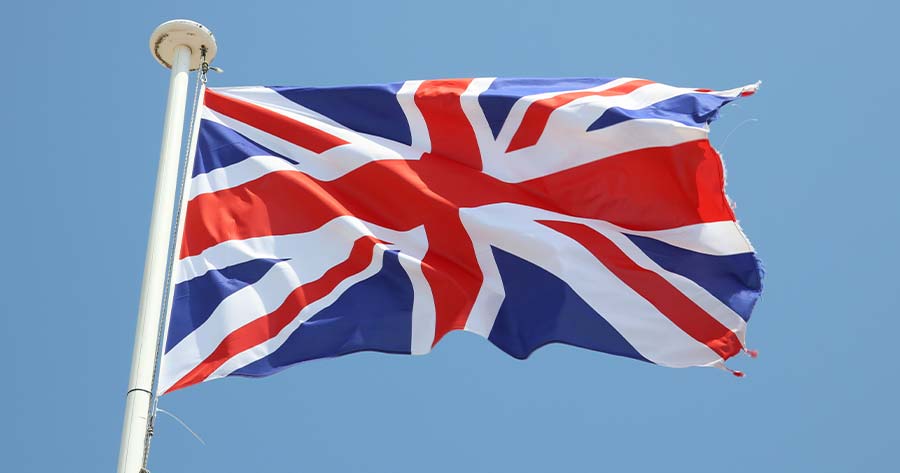Based on preliminary data from the Office for National Statistics (ONS), the U.K. economy experienced a slight expansion of 0.1% in the fourth quarter, surpassing predictions by economists polled by Reuters anticipating a 0.1% contraction.
The British economy had stagnated in the third quarter with zero growth, with a 0.1% drop in October and a 0.1% rise in November.
The Bank of England (BOE) implemented its first interest rate reduction of the year last week, lowering the rate to 4.5%, in response to slow economic growth and a recent decrease in inflation.
The central bank indicated that further rate reductions might be on the horizon as inflationary pressures ease. However, it projected headline inflation to climb to 3.7% by the third quarter of 2025 due to rising global energy costs and regulatory price changes, while expecting inflation to align with the 2% target by 2027.
Simultaneously, the BOE also halved the UK’s economic growth forecast from 1.5% to 0.75% for this year.
These economic challenges add pressure on Chancellor Rachel Reeves, whose fiscal strategies, revealed last autumn, have sparked criticism for potentially increasing the tax burden on businesses.
Critics argue that higher employer contributions to National Insurance and an increase in the national minimum wage could negatively impact investment, employment, and growth.
Chancellor Reeves has defended the Autumn Budget, emphasizing that the £40 billion in tax increases are crucial for funding public expenditure while she remains focused on fostering economic growth.
Economists had largely anticipated a weak finish for the British economy at the close of this year and revised down their growth forecasts for 2025, citing concerns over higher taxes for businesses, a lingering drag from the previous interest rate hikes and softer overseas demand.
Regarding worries on the trade war, U.S. President Donald Trump threatened tariffs on European Union and U.K. goods but suggested that the U.K. might negotiate a deal to bypass these levies due to a more balanced trade relationship.
The U.K. is optimistic about avoiding these tariffs, arguing it is not contributing to the trade deficits Trump aims to address.





